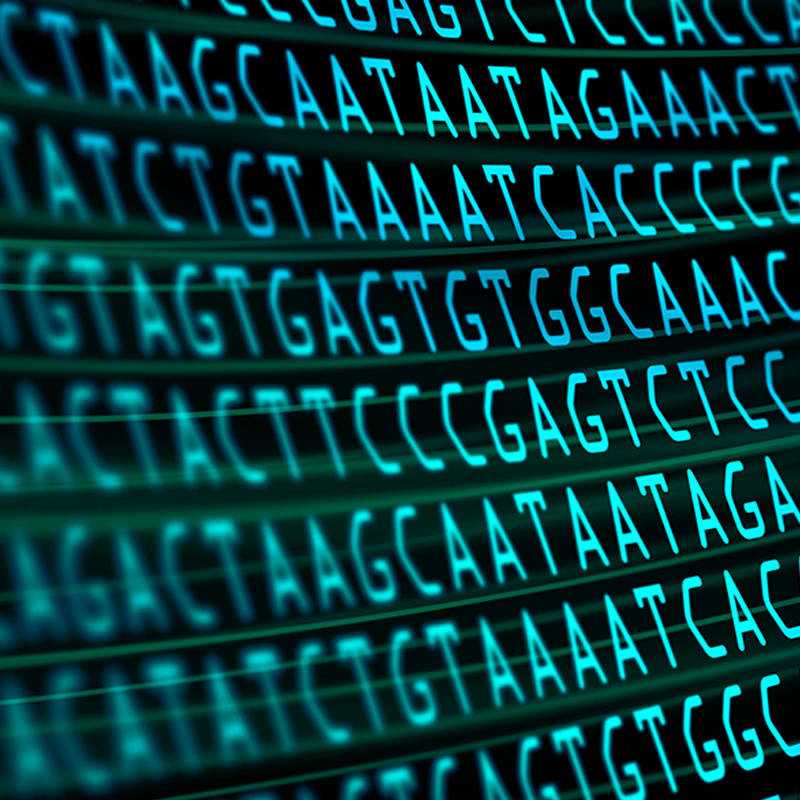DNA testing can help improve your dog’s life and your breeding program. But did you know it can also help improve the vitality of the breed itself? Breeders who use Embark don’t just get a DNA report. They get their dog’s genetic raw data to share with researchers, health organizations, breed clubs, and others working on canine genetic health research.
What is raw data?
An Embark test screens your dog for thousands of genetic markers throughout the genome and identifies:
- Individual genotypes (the specific base pairs of A, C, G, and T alleles)
- Exact coordinates for each marker, and the A, C, G, or T’s that your dog inherited for each
- Genetic insights, including the risk of genetic health disease, expected physical traits, genetic coefficient of inbreeding, ancestry, and more
Is Embark the only lab that provides raw data?
Yes, Embark is the only testing lab that provides breeders with ownership of their dog’s raw genetic data. No other testing lab generates this volume of data and freely shares these raw data in the interest of advancing scientific discovery.
Why is raw data important?
Raw data is used to conduct research studies such as gene mapping efforts. Sharing raw data with breed clubs and health organizations can dramatically accelerate the pace of scientific discovery: Cutting-edge research can begin immediately, and important genetic data can instantly be archived. By sharing these data, you can:
- Facilitate breed-relevant research into genetic health risks
- Help track the state of the breed: including frequency of variants, breeding trends, and population structures
- Support new genetic health initiatives at organizations like Cornell University College of Veterinary Medicine, the National Institutes for Health and more
Where do you find these raw data, after an Embark test?
Accessing your data is easy: you can download it directly from your dog’s profile. You’ll see two zipped files around 2MB that expand to around 7 MB. Each file can be shared as is, or opened in a text editor or Excel for viewing. For independent review and analysis, we recommend using the PLINK tool.
Whether you‘re a member of a breed club or a supporter of genetic research, we urge you to share your dog’s raw genetic data with canine health organizations you support. Together, we can fulfill our shared mission to improve the life and longevity of all dogs through science and technology.














